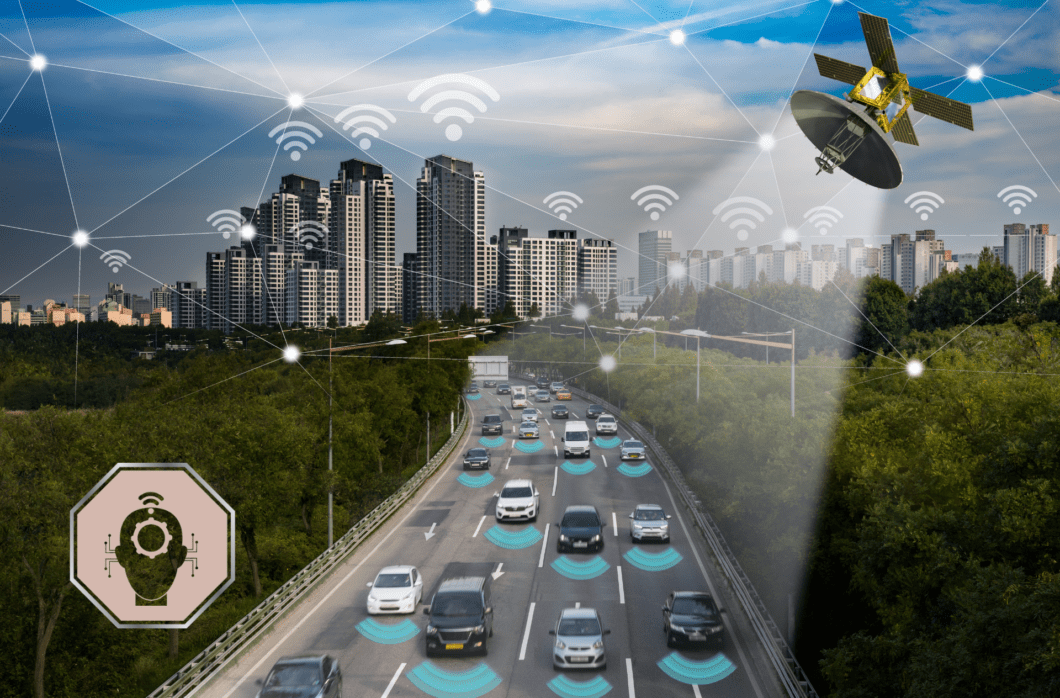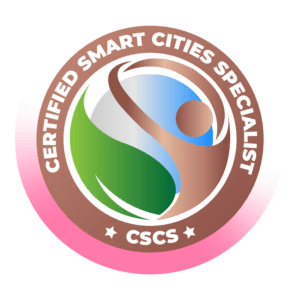Beyond Smart Sustainable Manufacturing Training
The factory of the future has arrived, and the research and implementations of Beyond Smart Cities are at the forefront of facilitating this transformation. In our introductory course, you will learn how smart sustainable manufacturing, sustainability issues, an integrated approach, Industry 4.0, and sustainability considerations can create a smart big corporations of any size.
The intersection of contemporary data science methods and artificial intelligence to create the factory of the future is what we mean when we talk about smart manufacturing. Increasing productivity while simultaneously removing bottlenecks from a production system is the goal of smart manufacturing.
It is distinguished by a highly connected, knowledge-enabled industrial company in which all organizations and operational systems are integrated, which ultimately results in increased levels of productivity, sustainability, and economic performance.
This online program combines cutting-edge technologies such as Industry 4.0, sustainability, and environmental considerations in order to comprehend the current transformation of the manufacturing industry.
Krishnaji Pawar, the CEO and founder of Beyond Smart Cities, is in charge of creating the Beyond Smart Sustainable Manufacturing – BSSM training course.
Specialises in developing sustainable design strategies for Green Building Certification Systems (LEED, GSAS, ACP, ISO 14001:2015, etc.), Energy Management, Energy Efficiency, Energy Audit, Building Commissioning, Environmental Impact Assessment, and Environmental Management Systems.
Learn from Beyond Smart Cities is an ed-tech company that collaborates with institutions to manage enrollments (including all payment services and invoicing), technology, and participant support.
Beyond Smart Cities relies heavily on environmentally responsible production methods. When it comes to sustainability engineering, we take a novel approach. In contrast to those who wait for issues to arise before attempting to fix them, this community is concerned with avoiding them altogether via measures like recycling and composting. This is achieved through emphasizing environmental, social, and economic sustainability.
Sustainable and smart manufacturing, the circular economy, green manufacturing planning, the social sustainability of manufacturing, and the effects of manufacturing on sustainability are all areas worthy of study.
A more adaptable and productive industrial foundation is being created as a result of “smart manufacturing,” which refers to the use of developing and emerging technologies for the purpose of improving the effectiveness of conventional manufacturing processes.
Learning Objectives:
- What is smart, sustainable manufacturing?
- What are the sustainability issues?
- Benefits of Sustainable Manufacturing
- An Integrated Approach
- Industry 4.0 and Sustainability Aspects
- Challenges associated with sustainable manufacturing
- Explore with expert learning facilitators how concepts can be applied to your organization.
- Explore how smart manufacturing principles have had a real impact on the environment.
- Share resources, engage in online discussions, and participate in live webinars with peers from around the world.
This curriculum has no prerequisite requirements. It is intended for:
- Operative plant supervisors in manufacturing
- Design and manufacturing engineers interested in data and modeling in the manufacturing environment.
- Data scientists interested in applying their skills to the expanding field of intelligent manufacturing
- Consultants who wish to contribute value to the latest manufacturing technology transformations
- Functional and cross-functional teams are encouraged to attend together in order to expedite the adoption of smart manufacturing.
Beyond Smart Cities offers manufacturers access to extensive analytical tools and established databases to create strategic solutions for sustainable manufacturing. These tools combine life-cycle assessment and supply chain optimization with material and process analysis to appropriately balance factors including greenhouse gas emissions, energy and water consumption, waste outputs and associated costs.



